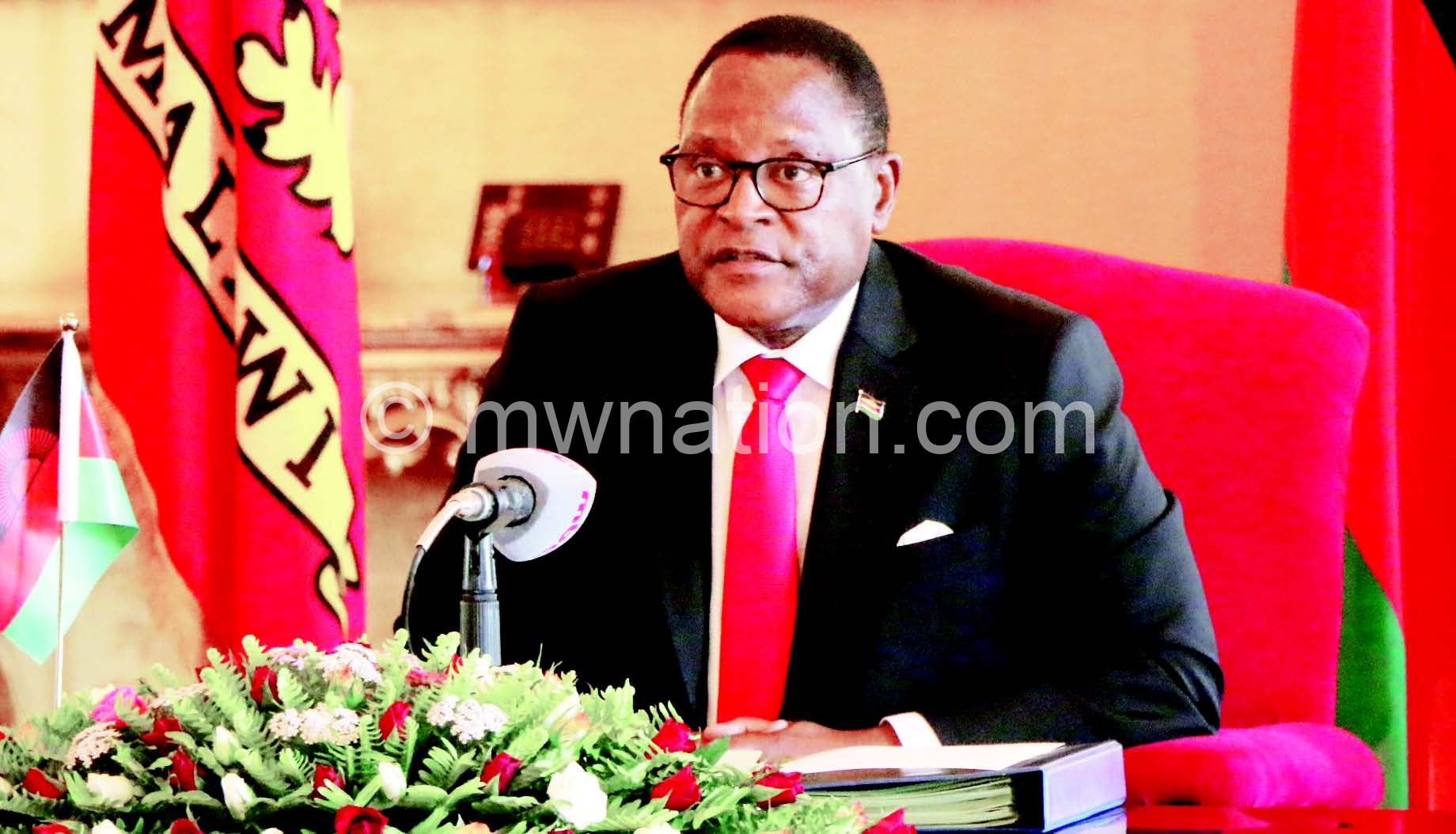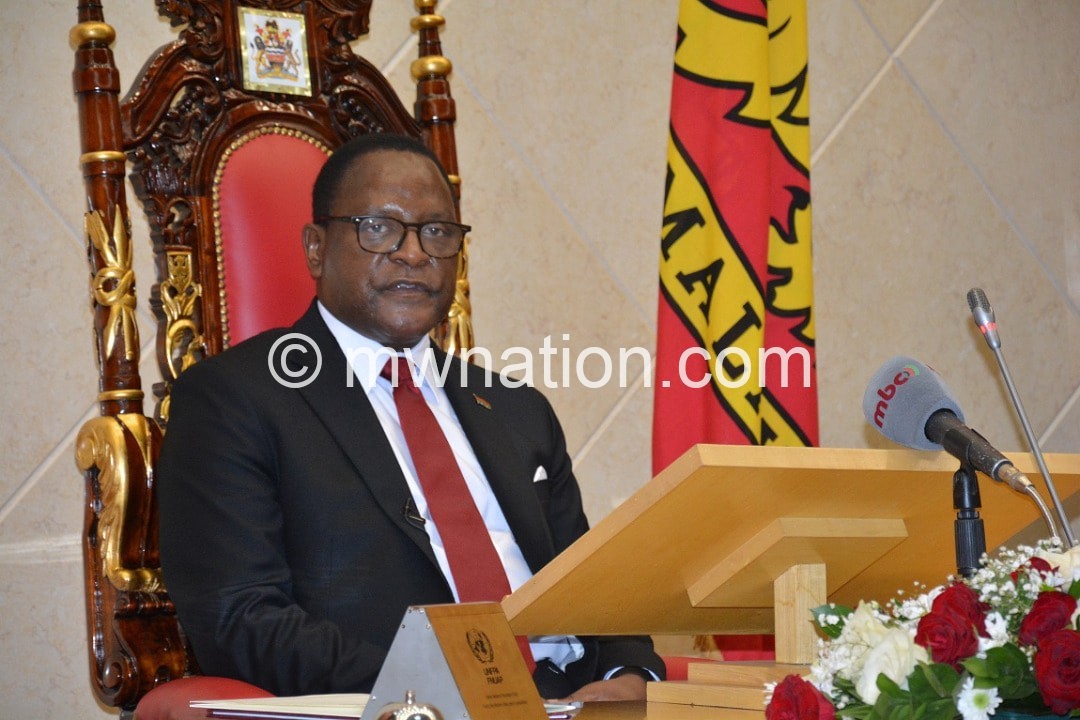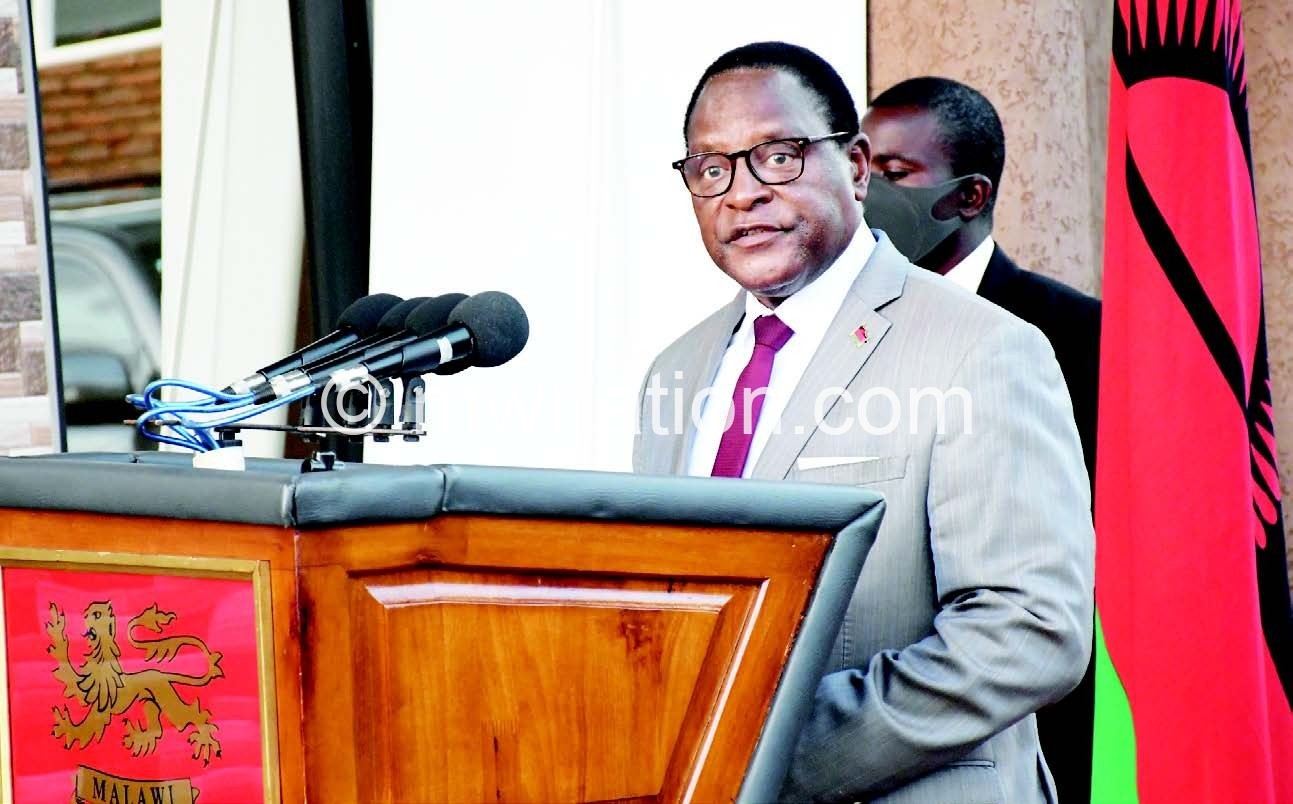Politics of land: It’s time to give our youth land
For the past week experts on the continent have been discussing how our governments can come up with fair policies to stop abuse of the most valuable resource of all: land.
Word on the streets of Ethiopia’s capital, Addis Ababa, is that apart from abusing land, by allocating it to the wrong people through corrupt means most African governments including our own here in Malawi care very little when it comes to including young people in matters relating to land. Yet, the youth make up about 65 percent of persons between the productive and employable ages of 15 to 35 years.
The land experts meeting here for the past week (November 14 to 17) during the Africa Land Conference point out that inclusive participation of the youth in decision making and empowerment through access to land and other natural resources can unlock Africa’s economic potential.
They also believe enhancing equitable access to land by the youth will significantly contribute towards realisation of the ‘Africa We Want’ as envisioned in Agenda 2063.
But why do the youth need their own land, you may ask?
There are more than 1.2 billion youth in the world, the largest number of youth ever to have existed. These youth live, by and large, in cities and towns; the cities of the developing world account for over 90 percent of the world’s urban growth and youth account for a large percentage of those inhabitants.
The World Bank estimates that as many as 60 percent of all urban dwellers will be under the age of 18 by 2030. This urban demographic ‘youth bulge’ represents both a challenge and an untapped potential in moving the land rights and tenure security agenda forward.
Let us also remember that youth are increasingly mobile, social and creative in a rapidly transforming world. This means that the needs and attitudes toward land are changing too.
According to World Bank Africa Region lead land specialist Dr Frank Byamugisha high rates of youth unemployment linked to high levels of landlessness suggest a close correlation with youth poverty and access to land.
He says understanding the needs, experiences and perspectives of youth in relation to land is a precondition to strengthening youth and land interventions.
“Land is not an ‘adult-only’ issue,” he says. “Youth is a transitional phase and youth’s relationship to land needs to be addressed in this light. Land is a limited and valued commodity which youth are often expected to access through adults, or wait for until they themselves are adults.
“It is a resource base for basic human rights such as food, shelter and prosperity. Youth are also one of the preeminent users of public space; space which they often have little say over in regards to its development or usage. Because of the value attached to land in societies, it has often been guarded as an area where only adults can participate and influence. But time has come for adults to give youths some land now, not when they die.
Byamugisha and other experts here agree that land has more than a material or utilitarian aspect for youth. The other issue he points out is that our farmers are getting old too. The average age of an African farmer today is 65! If we do not give the youth land to invest in agriculture, who will feed our nation in 20 years to come?
***
Spare us the lecture, Mr. President
Last week, we on the streets got the dressing down from the President when he delivered, another empty but probably the best-written speeches in years in Parliament.
APM went to town on his critics, saying his Democratic Progressive Party (DPP) administration is fulfilling most of the promises made to Malawians in 2014. Well, partisan fans, including the cheering section in the media, may be applauding such stunts, but we on the streets are not amused.
APM must spare us the lectures because unless you live in another country, there is nothing to show for the projects APM claimed to have implemented with amazing success. The President has a lot of work at hand to deal with challenges such as economic problems as a result of power outages, unemployment among the youth, poor education standards, poor infrastructure and rising poverty levels, among the many problems dogging the country.
We on the street need not remind our dear leader that Parliament is not a place for lectures. That Parliament is a place of serious business. Those lawmakers know their roles in House, that they need no presidential reminders.
Next time you want a lecture, Mr. President, please take it to Mombera University! n





